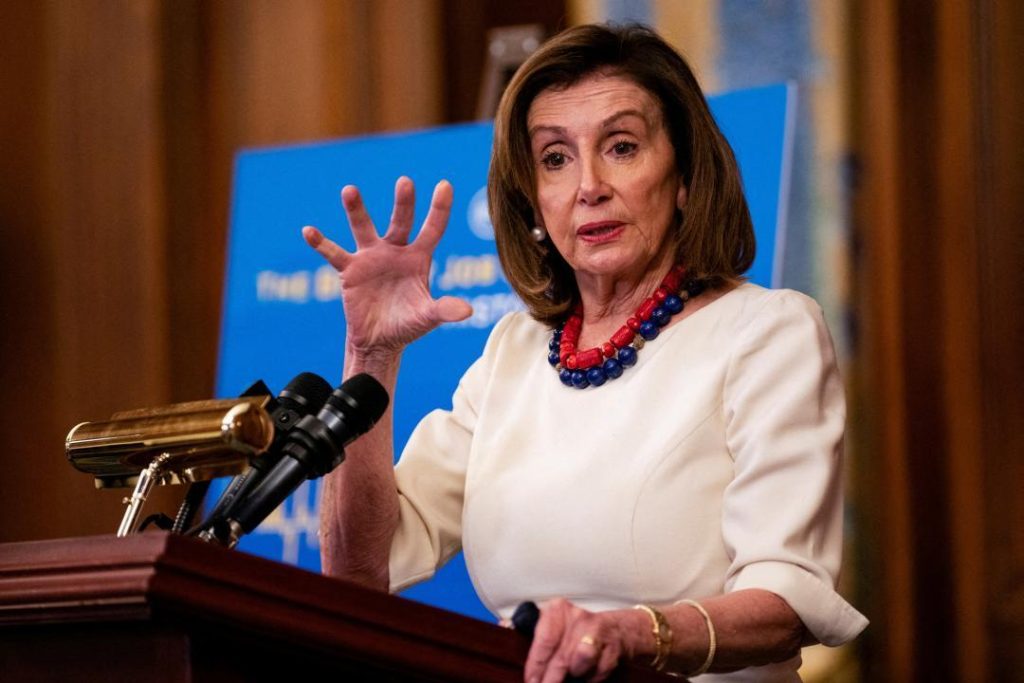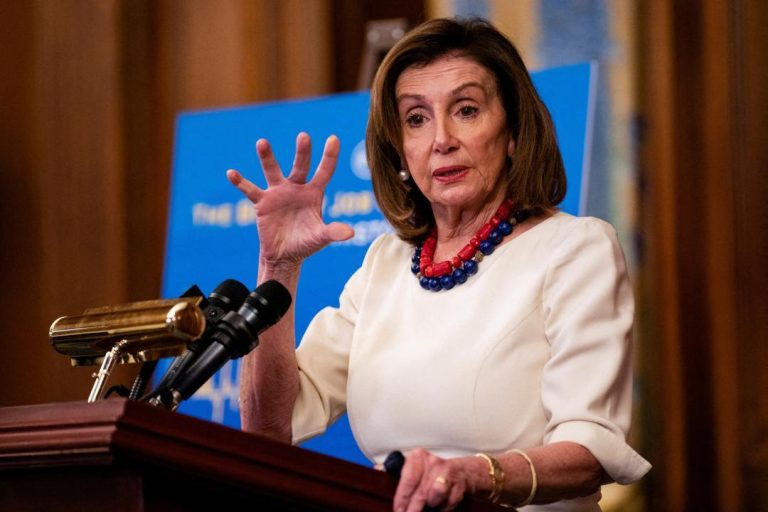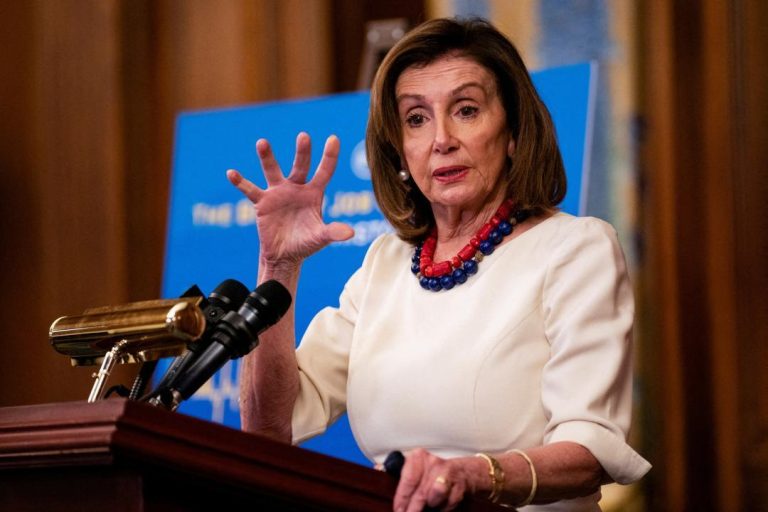
What is the PELOSI Act & why is it named after former US Speaker Nancy Pelosi?
In a bid to curb potential conflicts of interest and promote transparency, US Senator Josh Hawley has reintroduced the Preventing Elected Leaders from Owning Securities and Investments (PELOSI) Act. This act aims to prohibit lawmakers and their spouses from holding or dealing in stocks while holding office. The legislation has sparked controversy, with many questioning its timing and perceived targeting of former Speaker Nancy Pelosi, who allegedly enjoyed significant stock market gains during her tenure as Speaker.
What does the PELOSI Act propose?
The PELOSI Act seeks to address concerns about the potential for lawmakers to use their positions to influence policy-making for personal financial gain. The proposed legislation would prohibit elected officials and their spouses from owning or trading individual stocks, bonds, or other securities. However, lawmakers would be allowed to invest in mutual funds (MFs), exchange-traded funds (ETFs), and Treasury bonds. This restriction would apply to all lawmakers, including members of Congress, the Vice President, and the President.
The act’s proponents argue that this measure would help to prevent conflicts of interest and ensure that lawmakers focus on the best interests of the country, rather than their own financial gain. They contend that by limiting their financial stakes in the market, lawmakers would be less likely to make decisions that benefit specific companies or industries at the expense of the public.
Why is the PELOSI Act named after Nancy Pelosi?
The PELOSI Act is not actually named after Nancy Pelosi, but rather, it is the acronym chosen by Senator Hawley, a Republican from Missouri. However, the timing of the reintroduction of the bill has raised eyebrows, with many speculating that Hawley’s decision to name the bill after Pelosi was motivated by the former Speaker’s perceived conflicts of interest.
During her tenure as Speaker, Pelosi’s net worth significantly increased, with her family’s investment portfolio growing by hundreds of millions of dollars. While Pelosi has consistently denied any wrongdoing, her family’s financial interests have been scrutinized by critics, who argue that she may have used her position to influence policy decisions for personal gain.
Senator Hawley has denied that the bill is a personal attack on Pelosi, stating that he introduced the legislation because he believes it is a necessary step to promote transparency and prevent conflicts of interest in government. However, the timing of the reintroduction of the bill, just days after Pelosi announced her decision not to seek re-election, has raised questions about Hawley’s motivations.
What are the implications of the PELOSI Act?
If passed, the PELOSI Act would have significant implications for lawmakers and their families. Lawmakers would need to divest themselves of any individual stocks, bonds, or securities and transfer their assets to a blind trust or a fund managed by a third party.
The act would also have far-reaching consequences for the financial industry, as lawmakers would no longer be able to use their positions to influence policy decisions for personal financial gain. This could lead to a more level playing field, where companies are judged on their merits rather than their connections to powerful lawmakers.
However, some critics argue that the act goes too far, as it would restrict lawmakers’ ability to invest in the stock market and potentially impact their financial security. Others have raised concerns about the practicality of implementing such a measure, given the complexity of lawmakers’ financial portfolios and the potential for loopholes.
Conclusion
The PELOSI Act is a controversial piece of legislation that has sparked heated debate about conflicts of interest and transparency in government. While its proponents argue that it is a necessary step to promote accountability and prevent corruption, its critics contend that it is an overreach that restricts lawmakers’ freedoms.
The act’s naming after Nancy Pelosi has added fuel to the fire, with many seeing it as a personal attack on the former Speaker. Regardless of one’s stance on the bill, it is clear that the PELOSI Act has the potential to significantly impact the way lawmakers do business and the way the public perceives their actions.






